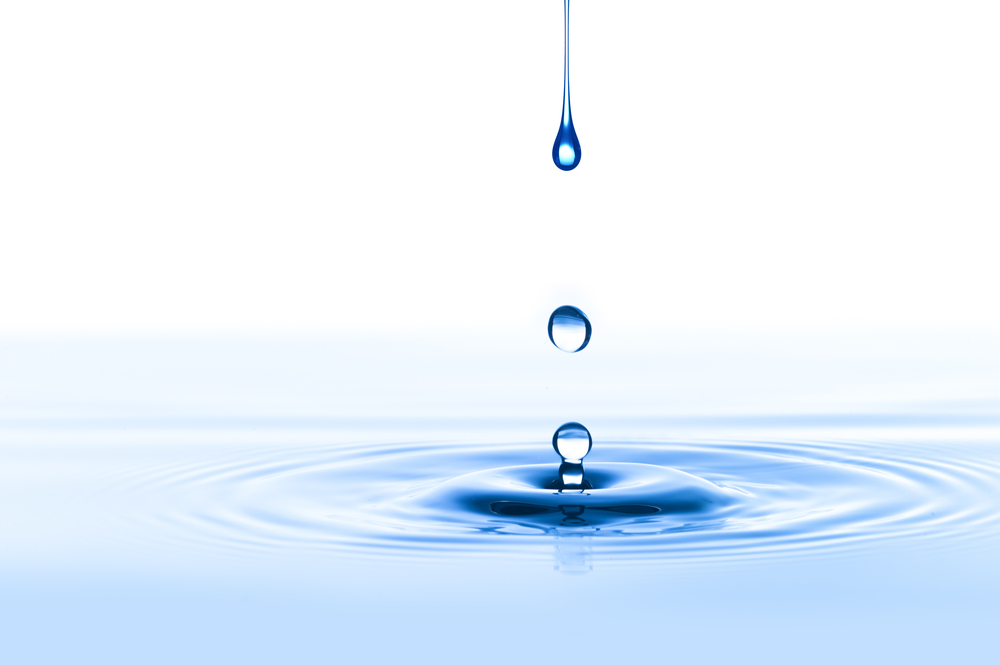Hot enough for you? I think my thongs nearly melted on the pavement today!
Given the extreme temperatures Perth is experiencing over these days, I thought we might have a wee chat about something we all need to be getting plenty of on a daily basis – life-giving water.
10 Reasons to Drink Water
- Water is absolutely essential to the human body’s survival. A person can live for about a month without food, but only about a week without water.
- Water helps to maintain healthy body weight by increasing metabolism and regulating appetite.
- Water leads to increased energy levels. The most common cause of daytime fatigue is actually mild dehydration.
- Drinking adequate amounts of water can decrease the risk of certain types of cancers, including colon, bladder, and breast cancer.
- For a majority of sufferers, drinking water can significantly reduce joint and/or back pain.
- Water leads to overall greater health by flushing out wastes and bacteria that can cause disease.
- Water can prevent and alleviate headaches.
- Water naturally moisturizes skin and ensures proper cellular formation to give it a healthy, glowing appearance.
- Water aids in the digestion process and prevents constipation.
- Water is the primary mode of transportation for all nutrients in the body and is essential for proper circulation.
So how much do you need? Actually the science is still out on this. The rule of thumb is 8 glasses per day. That doesn’t just mean straight out water; you can include other fluids, such as herbal teas, in this. However (there’s always a but with me…), caffeine and soft drinks cannot be counted as most of them have a diuretic (make you wee) effect.
How do you know if you are drinking enough water? Have a look at your wee the next time you go to the loo. What colour is it? In the morning it should be a bit more yellow. During the day, you want your wee to look like water. If it’s still tinged, start sipping.
Factors that influence water needs
- Exercise. If you exercise or engage in any activity that makes you sweat, you need to drink extra water to compensate for the fluid loss. An extra 1.5 to 2.5 cups (400 to 600 milliliters) of water should suffice for short bouts of exercise, but intense exercise lasting more than an hour (for example, running a marathon) requires more fluid intake. How much additional fluid you need depends on how much you sweat during exercise and the duration and type of exercise.
- Intense exercise. During long bouts of intense exercise, it’s best to use electrolytes to replace fluids. Also, continue to replace fluids after you have finished exercising.
- Environment. Hot or humid weather can make you sweat and requires additional intake of fluid. I think I could almost fill a bucket with the amount of ‘glowing’ (remember: pigs sweat, men perspire and women glow!) I have done the past few days.
- Illnesses or health conditions. When you have fever, vomiting or diarrhoea, your body loses additional fluids. In these cases, you should drink more water and include electrolytes to help rehydrate. You may also need increased fluid intake if you develop certain conditions, including bladder infections or urinary tract stones.
- Pregnancy or breast-feeding. Women who are pregnant or breast-feeding need additional fluids to stay hydrated. Large amounts of fluid are used especially when nursing. It is recommended that pregnant women drink about 10 cups (2.3 litres) of fluids daily and women who breast-feed consume about 13 cups (3.1 litres ) of fluids a day


